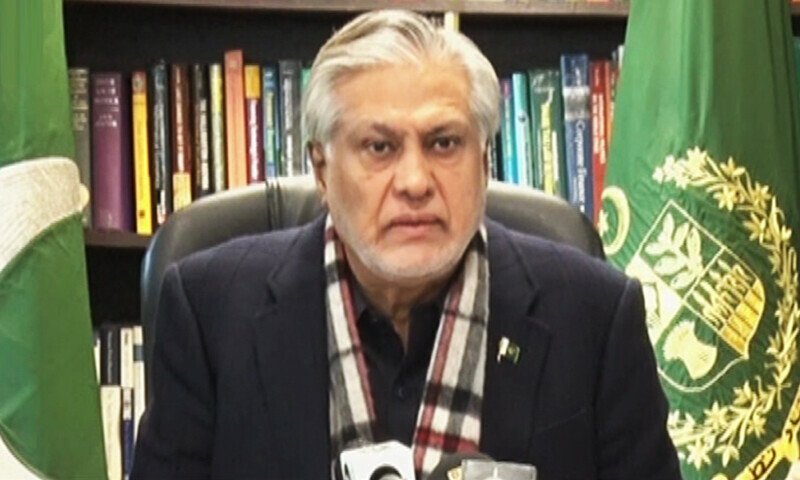The appointment of Deputy Prime Minister Ishaq Dar has stirred controversy, prompting a legal challenge in the Sindh High Court (SHC). A hearing has been slated for Friday, where a two-member bench led by Chief Justice Aqeel Ahmed Abbasi will deliberate on the matter.
The petitioner, Tariq Mansoor, contends that Dar’s elevation to the position of Deputy Prime Minister is “unlawful” and violates constitutional norms, arguing that the constitution does not delineate the role of a deputy prime minister.
Ishaq Dar’s assumption of the additional role coincided with Prime Minister Shehbaz Sharif and Dar’s visit to Saudi Arabia to participate in the World Economic Forum’s (WEF) special meeting. The timing of the appointment adds a layer of scrutiny to its legitimacy.
Prior to Dar’s appointment, Chaudhry Pervez Elahi held the position of Deputy Prime Minister, marking Dar as the successor to this role.
Meanwhile, the Foreign Office disclosed that Mohammad Ishaq Dar, serving as both Deputy Prime Minister and Foreign Minister, will lead the Pakistani delegation at the upcoming 15th OIC summit in Banjul, the Gambia. The summit, scheduled for May 4-5, holds significance amidst the ongoing conflict in Gaza, providing a platform for OIC leaders to address the dire situation and present a unified stance on the Palestinian question.
Additionally, Dar is slated to attend the OIC Council of Foreign Ministers’ Meeting preceding the Summit on May 2-3, where ministers will finalize the agenda and outcome documents.
This legal challenge adds a layer of complexity to Dar’s recent appointment and underscores the need for clarity and adherence to constitutional procedures in such matters. The outcome of the SHC hearing will likely have implications for Dar’s role as Deputy Prime Minister and may set a precedent for future appointments in similar positions.
I am an accomplished graduate of Strategic Studies, driven by a fervent dedication to comprehending global affairs and devising impactful strategies. Equipped with a comprehensive skill set encompassing research, critical thinking, and persuasive communication, I possess a distinctive viewpoint and an unwavering commitment to fostering inclusive decision-making processes. As a versatile individual, I excel in collaborating with diverse groups in various settings, leveraging my strong interpersonal abilities to adapt seamlessly to new environments and surmount any challenges that arise. With a passion for contributing to strategic initiatives, I am eager to leverage my expertise and drive to effect positive change within the field.










